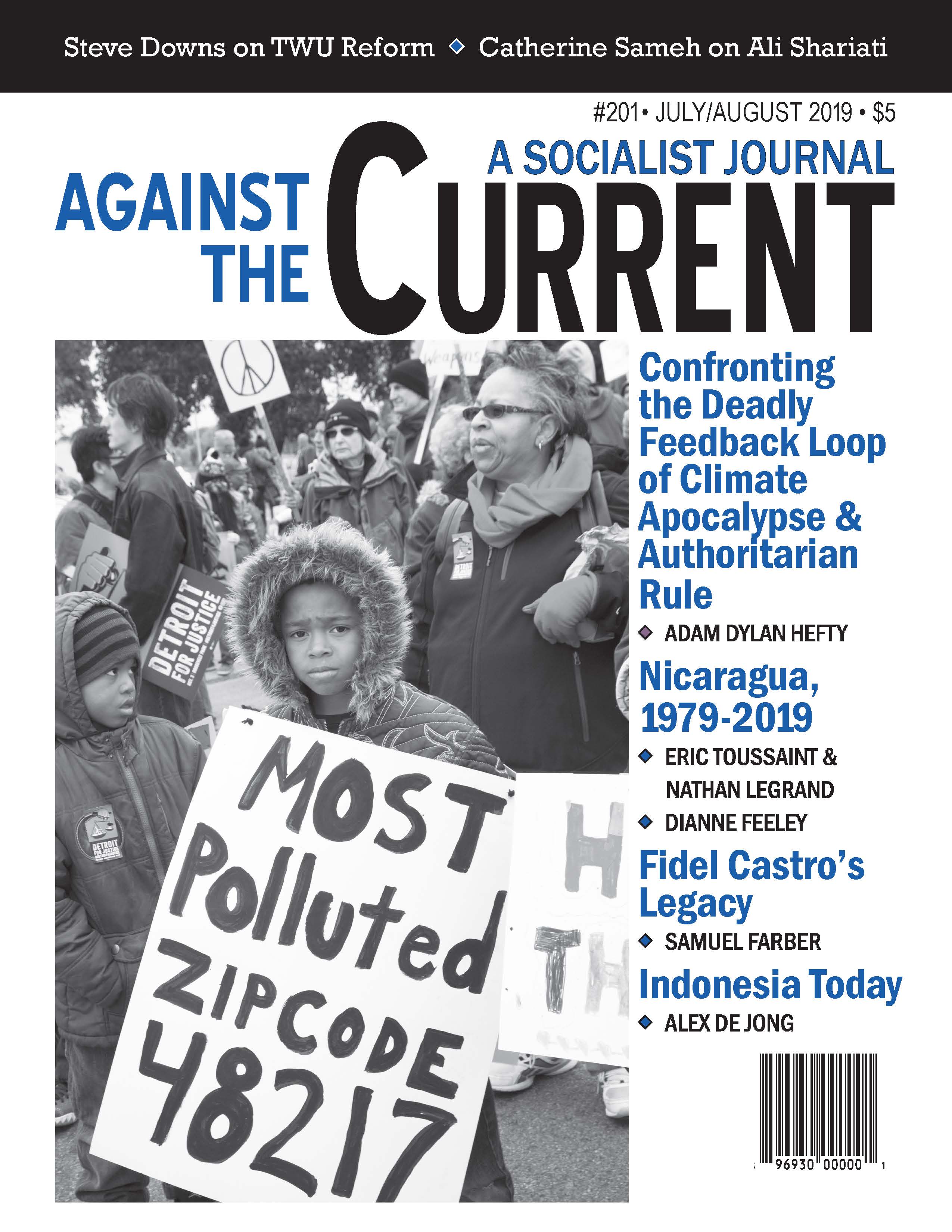
Anna Zhelnina (PhD Candidate) wrote about the election in Moscow in Metropolitics.org
Late on the night of September 8, 2019, when Muscovites checked the results for that day’s Moscow City Council election, they realized that their vote actually meant something for the first time in many years. The candidates backed by United Russia, the ruling party, had lost in 20 districts out of 45. United Russia kept the majority, but compared to the 38 seats they controlled in the previous city council, this result looked like a loss.
The Moscow City Council election was in the spotlight that day, but elections also took place at various levels across Russia: several governors, city councils, regional parliaments, and municipal deputies. This election differed from the previous electoral campaigns in Putin’s Russia because of “smart voting”: an idea and technology developed by the Anti-Corruption Foundation, a nonprofit headed by Aleksey Navalny, one of the most active and notable opposition politicians in Russia. “Smart voting” had one goal: to topple as many United Russia candidates as possible, at all levels of elections. Instead of picking an ideologically “correct” candidate, it suggested a single candidate in each district for opposition voters to support based on the candidate’s likelihood to win, calculated by an algorithm based on previous election and polling data.
Source: [Other] Anna Zhelnina – National and Urban Politics Converge in Moscow: Will Local Activism Prevail?





Recent Comments